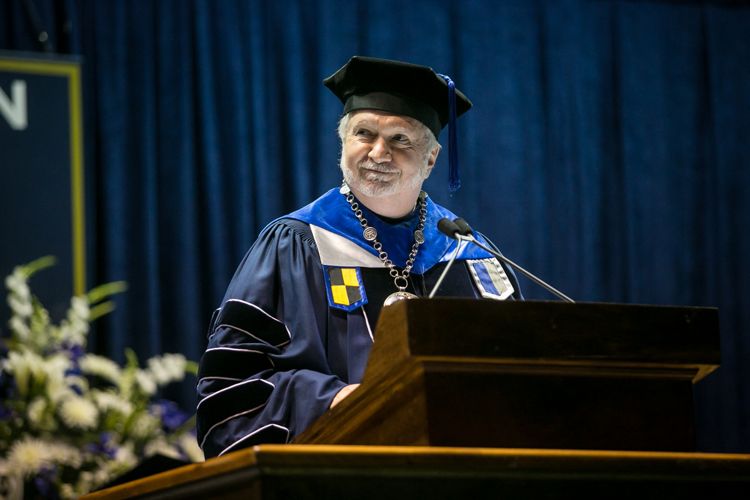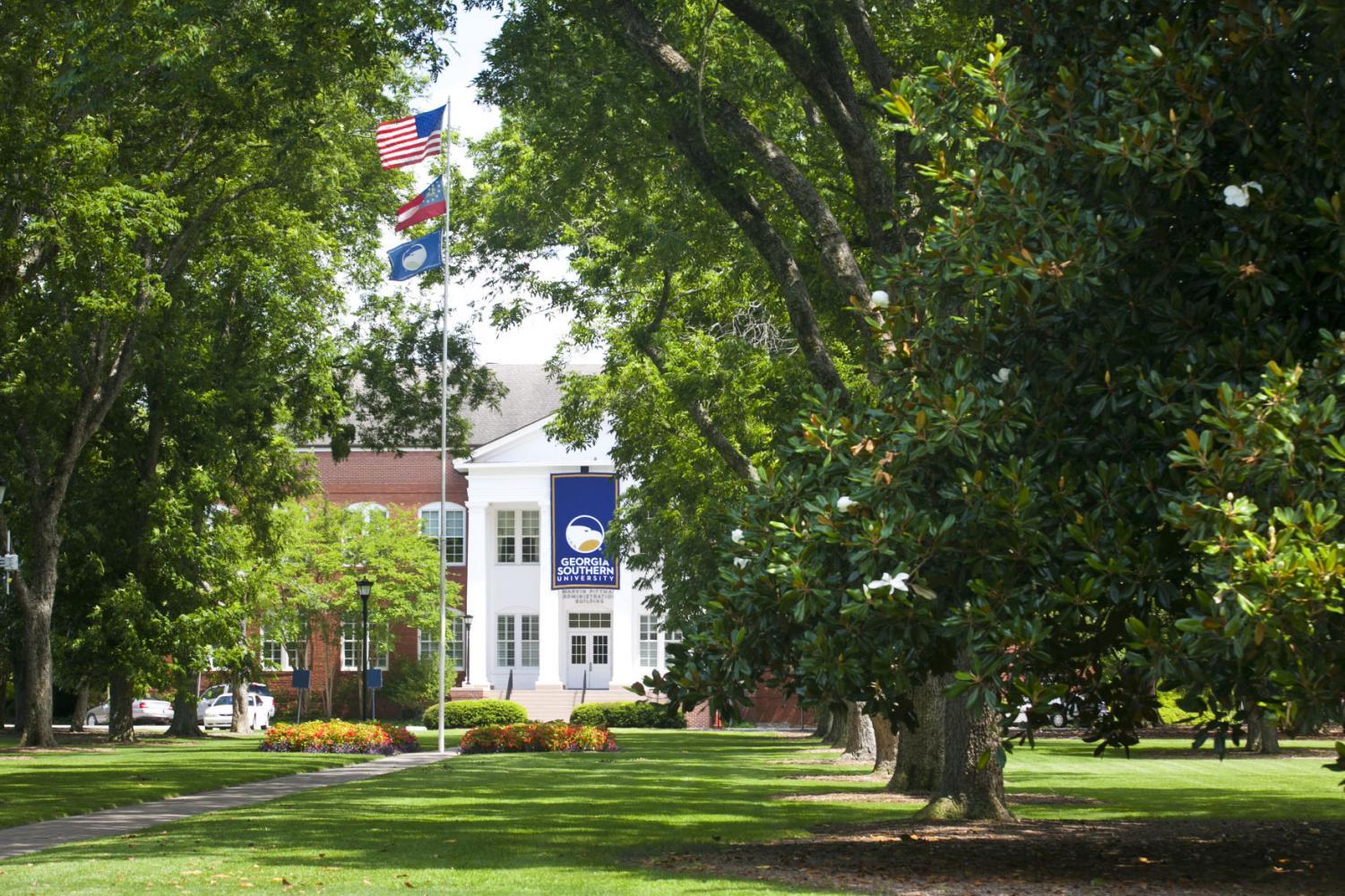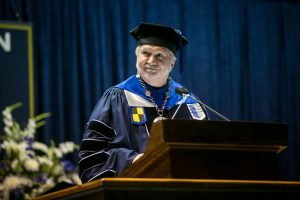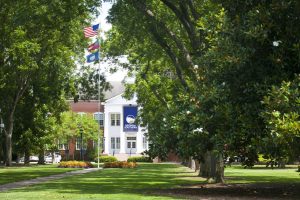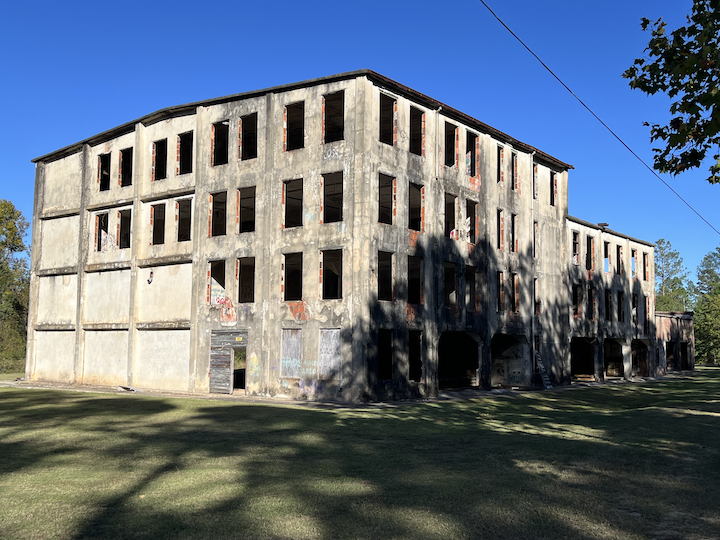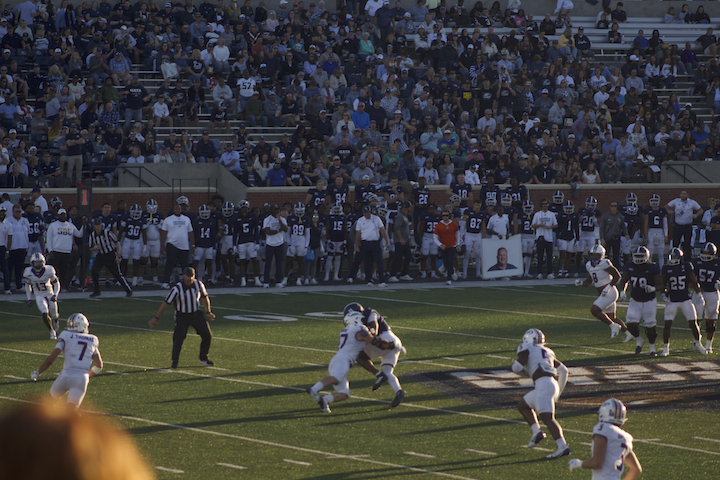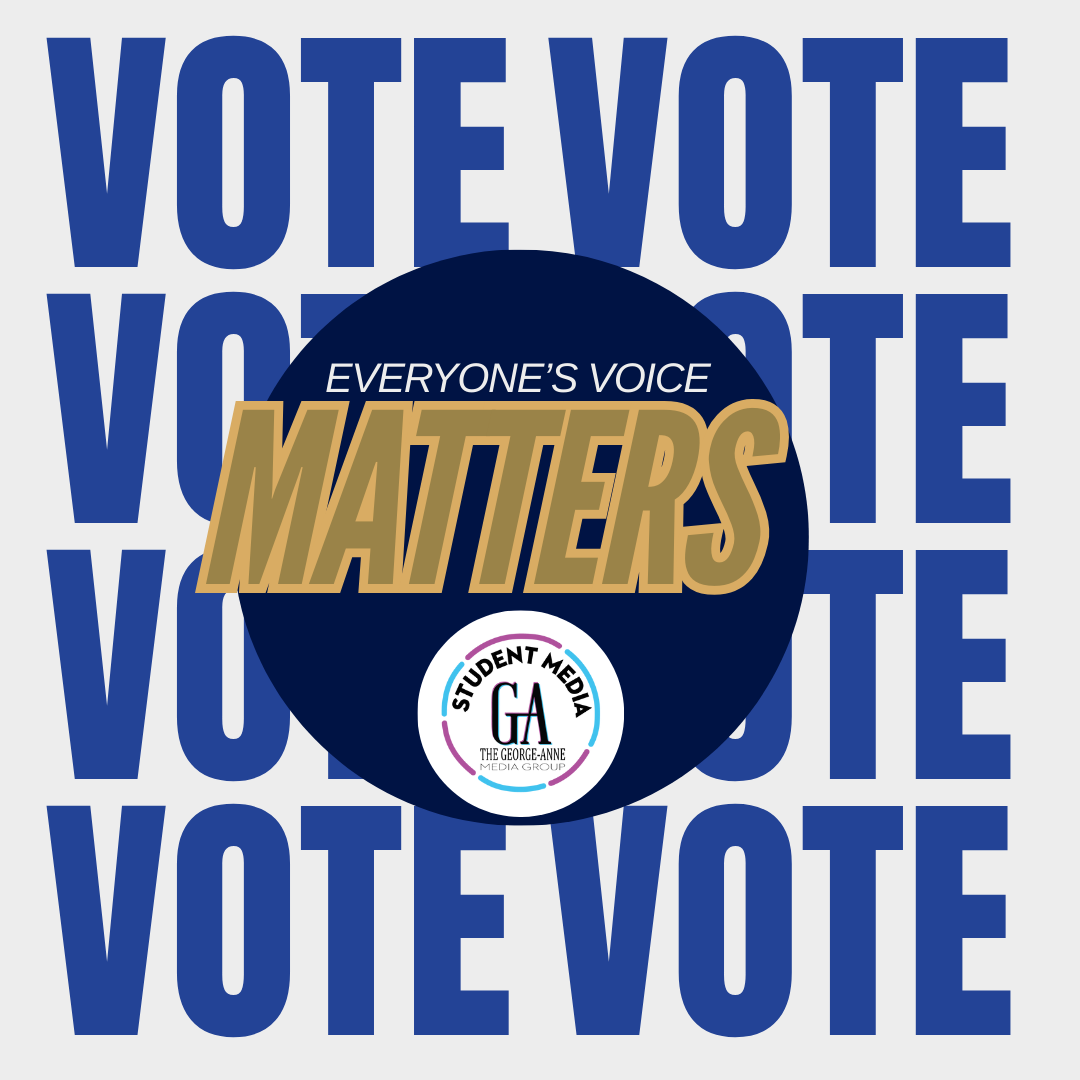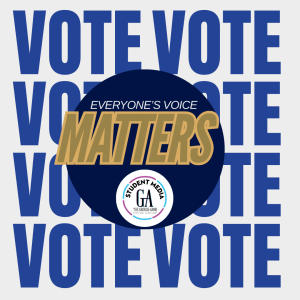Another academic year, another presidential search
August 16, 2018
Georgia Southern University will begin its third presidential search in nine years following the resignation of former President Jaimie Hebert over the summer.
During his time as president, Hebert oversaw the consolidation of GS with Armstrong State University, handled the introduction of campus carry onto GS and oversaw the expansion of the university with the construction of the new Interdisciplinary Academic Building and Military Science Building.
Hebert stepped down from his position as president of GS on June 30 to become the provost and vice president for Academic Affairs at his alma mater, the University of Louisiana at Lafayette.
“The past two years at Georgia Southern University have been an extraordinary, fulfilling experience for me,” Hebert said in an email to students. “I am very proud to have served this institution during this critical phase of transition. It has been an honor to serve with some of the most remarkable people I have ever met in my career. The professional relationships and life-long friendships that resulted from my time here are truly treasures.”
Interim President Nickel
USG Chancellor Steve Wrigley appointed Shelley Nickel to serve as GS’s Interim President during the university’s next presidential search process.
Prior to coming to GS, Nickel served as USG executive vice chancellor for strategy and fiscal affairs and treasurer for the Board of Regents.
According to usg.edu, Nickel oversaw strategic leadership for the University System’s 26 institutions, focusing on fiscal affairs, information technology and research and policy analysis.
Nickels said she has two main goals during her time at GS:
1. Solidify the consolidation
2. Implement an academic regional plan for all three campuses
“The decisions that we make with those things will be made through the lens of student success,” Nickel said.
Past presidents by the numbers
Since 2009, GS has had three presidents with each president’s tenure at the university lowering.
Bruce Grube served the longest of the last three presidents, serving from 1999-2009.
Following Grube, Brooks Keel served as GS president from 2010-2015, leaving to become president of Augusta University. According to records from USG, the presidential search that resulted in the hiring of Keel cost the university $122,296
Succeeding Keel was Hebert who served as president from 2016-2018. The search that resulted in Hebert’s hiring cost the university $162,609.
Since 2009, GS has had three separate presidents, six if you count the interim presidents. In that same time span, the University of Georgia has had two presidents with their last president being hired in 2013.
Georgia State University has only had one president hired since 2009.
Two types of searches
Nickel described the two types of searches that the campus search committee will ultimately follow to select the next university president:
- Open search: Candidates names are known from the very beginning and are more likely to come to campus to participate in open forums. Candidates current employers know that they are part of a search.
- Confidential search: Candidates names are kept confidential and interviews are usually done in private. The committee is charged with coming up with three to five candidates they will bring send to the Board of Regents.
Nickel said that there is value in a confidential search because the committee will receive a better pool of candidates.
“You will get sitting presidents,” Nickel said. “You will get some people from institutions that typically wouldn’t get into a search because typically nobody wants others to know that they’re in another search until they’re the finalist.”
Nickel said the last four searches in the USG have been done as confidential searches and has show that the pool of canidates better in the term of the number of sitting presidents and provosts that get into these searches.
Dustin Anderson, president of faculty senate, said that the last two presidential searches at GS have been open, but there had been a trend in recent years to move towards confidential searches.
Presidential search process
The first step in a presidential search is for the University System of Georgia to form a presidential search committee. This committee that consists of faculty, staff, students, alumni and community members who are responsible for writing the job description for the new president, as well as, identifying, interviewing and selecting finalists for the president position.
USG has the final decision on who is selected for the search committee, but members of the community can make recommendations for committee members.
Charles Sutlive, chancellor of communications and governmental affairs for the University System of Georgia, said that it is important that the campus community is represented in the search.
The search committee is fully responsible for finding and interviewing potential candidates. From the candidates they interview, the committee selects three to five unranked finalists and sends the choices to the board of regents for final consideration.
The board of regents makes the final decision on the new president from the three to five finalists decided on by the selection committee.
Sutlive expects there to be a lot on interest in the president position at GS.
“Georgia Southern University…is well known, well regarded, we expect there to be great interest in this presidency,” Sutlive said.
Presidential searches usually last six to nine months, but it depends on a variety of factors such as the speed of the search committee, timing of the search and the interest of the candidates Sutlive said.
“This is a really important process and it’s an important process that involves the campus community and identifying the next president of Georgia Southern University will have great impact on its future,” Sutlive said.
There is currently no date for the official announcement of the selection committee, but Anderson said that it should be in the coming weeks.
USG’s policy on presidential searches can be found on their website.
Matthew Enfinger, The George-Anne Editor-in-Chief, gaeditor@georgiasouthern.edu
Brendan Ward, The George-Anne Coverage Managing Editor, gamed@georgiasouthern.edu


